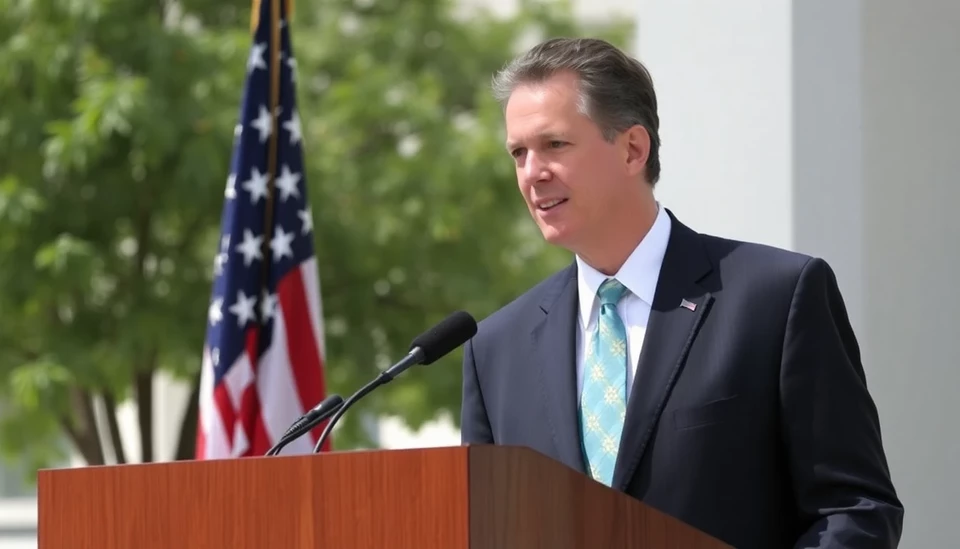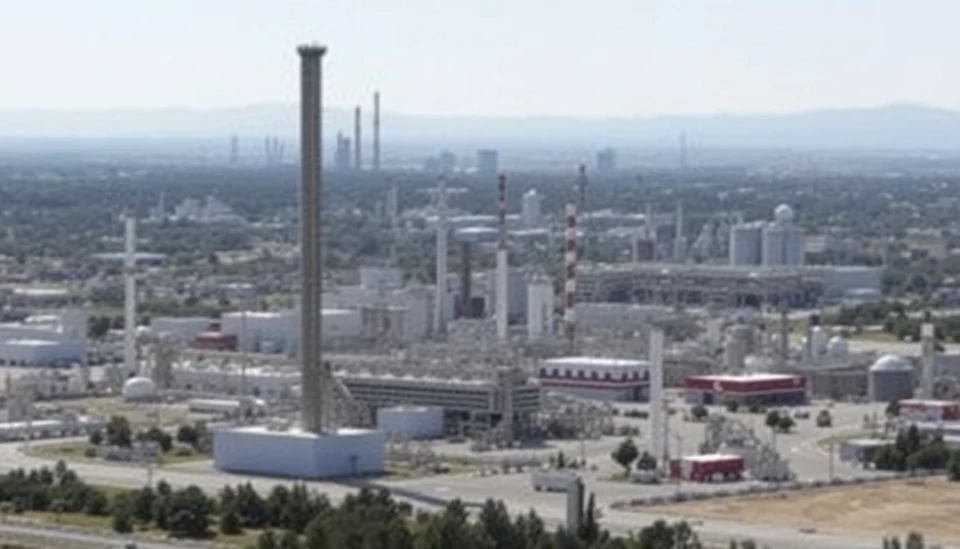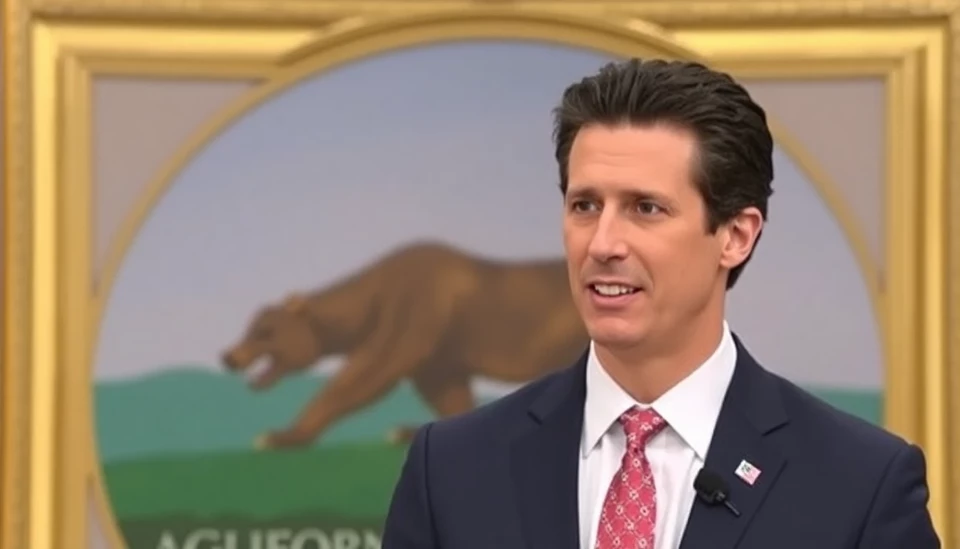
California's ambitious vehicle emissions regulations are facing renewed scrutiny and potential challenges under the Trump administration, with state officials vowing to defend their stringent standards. The state's commitment stems from a deep-seated determination to combat climate change and protect public health, setting a precedent that could influence national policy.
At the heart of this issue is California's authority to set its own vehicle emissions standards, which have historically been more rigorous than federal guidelines. This authority stems from a unique waiver granted by the Environmental Protection Agency (EPA) under the Clean Air Act, allowing the state to establish rules that aim to reduce greenhouse gas emissions from automobiles.
The state has made significant strides in implementing these regulations, with aims to transition to more electric vehicles and lower overall emissions. California's efforts are viewed as a crucial component in the fight against climate change, as transportation is one of the largest contributors to carbon emissions in the country.
In response to mounting pressure from the federal government, California officials have expressed unwavering resolve to continue on this path. They believe that reverting to looser standards would not only undermine environmental progress but also threaten public health by allowing more pollution into the air.
Governor Gavin Newsom has publicly articulated the state's stance, emphasizing that California will not back down in the face of challenges to its emissions regulations. He highlighted the importance of leadership in addressing climate change, noting that state and local governments play an essential role in spearheading innovative policies that prioritize sustainability.
The legal landscape around this issue is complex, with the Trump administration signaling intentions to revoke the waiver that allows California to set its own standards. This move could ignite a fierce legal battle between state authorities and the federal government, as California argues that maintaining its regulations is critical for achieving long-term environmental goals.
Environmental advocates have rallied behind California, suggesting that the state's regulations serve as a model for other states and promote a transition towards greener technologies. The outcome of this conflict could have far-reaching implications not only for California but also for the entire automotive industry and national environmental policies.
In summary, California's steadfast commitment to maintaining its vehicle emissions regulations reflects a broader struggle between state initiatives and federal directives. As the state prepares to engage in potential legal disputes, the implications for environmental policy, public health, and the automotive industry loom large.
With California firmly on the frontlines of the climate battle, the stakes are high, and the implications of this showdown will likely reverberate across the country for years to come.
#California #Emissions #ClimateChange #EnvironmentalPolicy #TrumpAdministration #AirQuality #ElectricVehicles #AutomotiveIndustry
Author: Sophie Bennett




